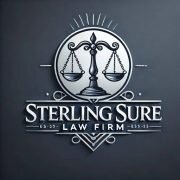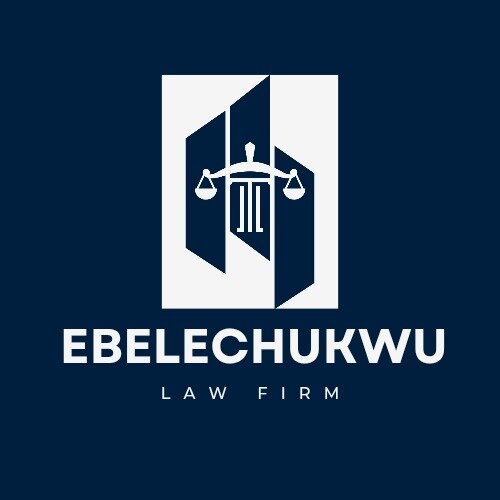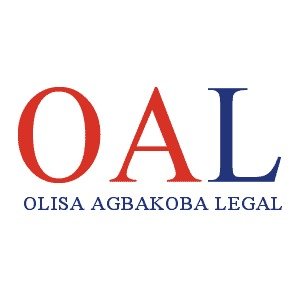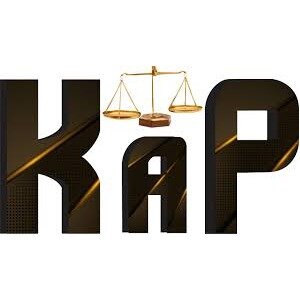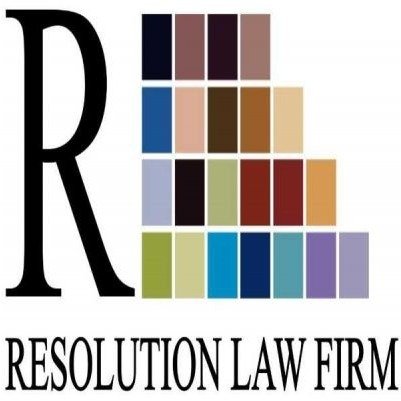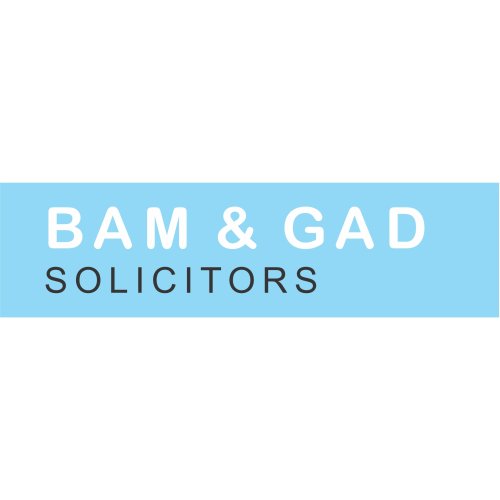Best Child Abuse Lawyers in Nigeria
Share your needs with us, get contacted by law firms.
Free. Takes 2 min.
Free Guide to Hiring a Family Lawyer
Or refine your search by selecting a city:
List of the best lawyers in Nigeria
About Child Abuse Law in Nigeria
Child abuse in Nigeria is a deeply distressing issue that encompasses physical, emotional, and sexual harm inflicted on minors. It is a violation against a child's fundamental rights and occurs in various forms, including physical assault, neglect, exploitation, and emotional maltreatment. The Nigerian government, along with various organizations, has been working to combat this issue through legislative measures and awareness campaigns. The Child Rights Act, adopted by several Nigerian states, sets the legal framework for protecting children's rights and outlines provisions against child abuse and neglect. However, challenges such as cultural attitudes, lack of enforcement, and inadequate reporting mechanisms remain persistent hurdles.
Why You May Need a Lawyer
There are several situations where you may require the expertise of a lawyer specializing in child abuse cases. You may need legal assistance if you are involved in a custody battle where abuse allegations have surfaced, if you are a victim or a family member of a victim seeking justice, or if you are falsely accused of child abuse and need to defend yourself. Lawyers can help navigate the complexities of court procedures, provide representation and advocacy, and ensure that your rights and those of the children involved are protected. Additionally, they can facilitate negotiations and settlements in cases where appropriate.
Local Laws Overview
Nigerian laws addressing child abuse are primarily centered around the Child Rights Act of 2003, although its adoption varies across states. The Act emphasizes the protection of children's rights, categorizing various acts of abuse as criminal offenses punishable by law. Key aspects include defining parental responsibilities, establishing child protective services, and outlining the judiciary's role in safeguarding children. Accompanying laws like the Violence Against Persons (Prohibition) Act and specific provisions in the Nigerian Criminal Code also address cases of violence and abuse. The local laws are designed to create a safe environment for children and ensure justice for any violations.
Frequently Asked Questions
What constitutes child abuse in Nigeria?
Child abuse in Nigeria involves physical, emotional, or sexual harm to a child. It includes physical assault, neglect, exploitation, and emotional maltreatment, violating the child's fundamental rights.
How can I report suspected child abuse in Nigeria?
You can report suspected child abuse to local child protection services, the police, or the National Agency for the Prohibition of Trafficking in Persons (NAPTIP). Anonymity and confidentiality are typically assured.
What actions can be taken against child abuse in Nigeria?
Legal actions, including criminal prosecution, can be taken against perpetrators of child abuse. Protective measures for the child, such as removing them from harmful environments, can also be implemented.
What are the penalties for child abuse under Nigerian law?
Penalties for child abuse vary depending on the severity of the offense. They can range from fines to significant prison sentences, as specified in the Child Rights Act and other relevant laws.
Can I be wrongfully accused of child abuse, and what should I do?
Yes, false accusations can occur. If accused, seek legal advice immediately to navigate the investigation and protect your rights.
How does the Child Rights Act protect children in Nigeria?
The Child Rights Act provides a comprehensive legal framework ensuring children's rights to protection, welfare, and legal redress against abuse and exploitation.
Is child marriage considered a form of child abuse in Nigeria?
Yes, child marriage is viewed as a form of child abuse and is prohibited under the Child Rights Act due to its negative impact on the child's development and well-being.
What role do NGOs play in combating child abuse in Nigeria?
NGOs play a critical role in advocacy, raising awareness, aiding legislative development, supporting victims, and providing community education about child abuse prevention.
How reliable is the legal system in delivering justice for child abuse cases?
While the legal framework exists, challenges such as enforcement issues, resource constraints, and societal attitudes can affect the timely and effective delivery of justice.
Can cultural beliefs influence child abuse cases in Nigeria?
Yes, cultural beliefs and practices can influence perceptions and responses to child abuse, sometimes hindering reporting and enforcement of laws.
Additional Resources
For further assistance, consider reaching out to governmental bodies such as the National Agency for the Prohibition of Trafficking in Persons (NAPTIP) and the Ministry of Women Affairs. NGOs like UNICEF Nigeria, Save the Children, the Child Protection Network (CPN), and local child advocacy groups can provide support and guidance. Community centers and legal aid organizations are also valuable resources for those seeking legal advice or support regarding child abuse.
Next Steps
If you require legal assistance related to child abuse, consider consulting with a lawyer specializing in family or child law to discuss your circumstances and legal options. Gather all relevant documents and evidence related to the case, and prepare any questions you may have for your initial consultation. If necessary, seek support from local organizations or hotlines to guide you through the legal and emotional processes involved. Remember, acting promptly is crucial for the safety and well-being of children involved.
Lawzana helps you find the best lawyers and law firms in Nigeria through a curated and pre-screened list of qualified legal professionals. Our platform offers rankings and detailed profiles of attorneys and law firms, allowing you to compare based on practice areas, including Child Abuse, experience, and client feedback.
Each profile includes a description of the firm's areas of practice, client reviews, team members and partners, year of establishment, spoken languages, office locations, contact information, social media presence, and any published articles or resources. Most firms on our platform speak English and are experienced in both local and international legal matters.
Get a quote from top-rated law firms in Nigeria — quickly, securely, and without unnecessary hassle.
Disclaimer:
The information provided on this page is for general informational purposes only and does not constitute legal advice. While we strive to ensure the accuracy and relevance of the content, legal information may change over time, and interpretations of the law can vary. You should always consult with a qualified legal professional for advice specific to your situation.
We disclaim all liability for actions taken or not taken based on the content of this page. If you believe any information is incorrect or outdated, please contact us, and we will review and update it where appropriate.
Browse child abuse law firms by city in Nigeria
Refine your search by selecting a city.




